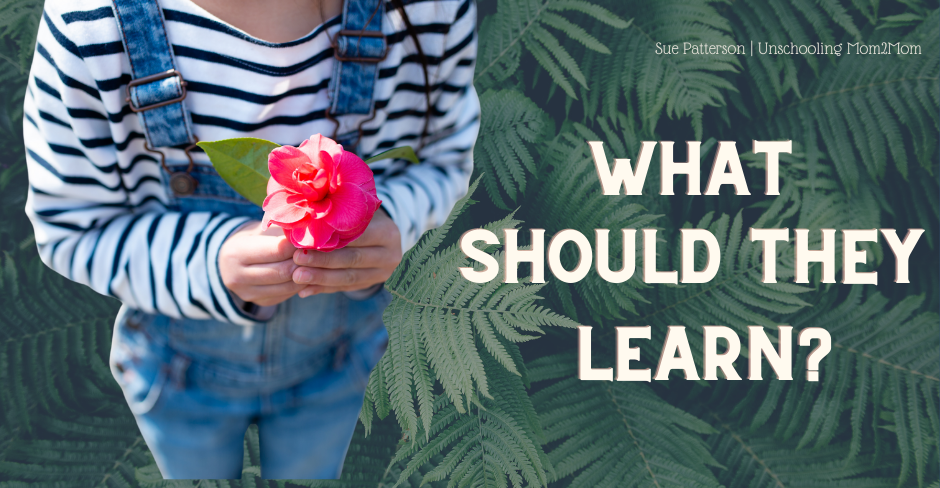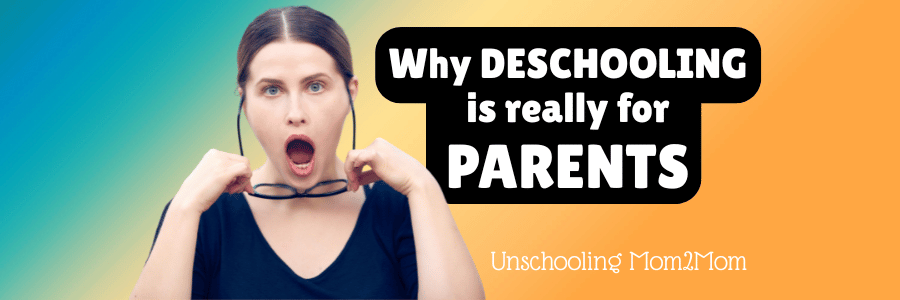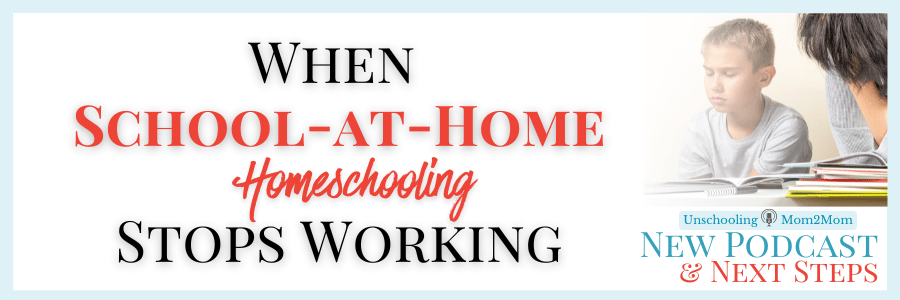What Should They Learn?
I read a blog about "What should children learn?" They were trying to think outside the box. They wondered if the focus on traditional subjects is really all that important.
Seeing the responses was interesting. I had an inkling that my list would not resemble too many others, but with 3 teenagers, and 2 grown step-kids with children of their own, here's what I think are the most important things children should learn:
- Kindness and compassion. Learn how to put yourself into other people's shoes. When everyone else jumps on a bandwagon against something someone did, hold back a little bit.
- Live in the moment. Realize that there are about 16 waking hours in a day. And when they're gone, they're gone. There's nothing wrong with having a little "down time" but make sure you have some "up time too."
- Listen to people when they talk to you. Give them your full attention. Think about what they're saying but also why they might be saying it to you.
- Learn healthy eating choices and find exercise that you like and can do nearly every day. You're going to be in this body for a while - longer if you take care of it
- Learn your strengths and your weaknesses. Do something about or with both. Take time to get to know yourself.
- Learn about the nature of advertising and marketing.
- Learn how to pursue your interests. Learn how to find information on the internet.
- Be brave. Try new things. You never know what you might actually like.
These are what come to mind when I think about what children should be taught. In school curriculum, I think they call these "threads." They are supposed to permeate different subjects year after year. I like the idea of these topics being the important threads. I believe the reading, writing, and math will present itself. And if you need these more traditional "subjects" for a job you'd like to pursue, that's why we have community college.
Interesting that the topic emerged again, over a decade later!
In the Unschooling Mom2Mom FB group, parents are sharing what they hope their child learns by the time they're 18. My list didn't vary too much from back here, when my kids were still living at home.
But I did have another thought...
We should think about why turning 18 carries such significance.
Is it just because we hope they learn by the time they grow up and move out?
As if all learning stops once they're no longer under our roof?
Because I want everyone to remember that there's no Finish Line for learning. Age 18 is an arbitrary number that we've all just accepted because so many kids graduate at that age. But learning is not "done" then! Here you are (probably) over 18, reading and learning about unschooling online.
I think it has to more to do with that concept that learning is no fun and learners must be coerced to learn. That idea that if adults don't MAKE the kids do it, they'll never learn anything new or important. Such and ego-based unrealistic way of looking at it!
But here we are: adults with the audacity to CONTINUE to learn after age 18, after school stopped - proving that tired school trope to be wrong. As Human Beings, we're hard-wired to learn because we're always trying to figure things out. That means searching for solutions and LEARNING NEW THINGS!
It's insane to say that learning stops when the school doors close - or the homeschooling kid turns 18!
Let's not cling to that pressure that things have to happen by a certain age or else all is lost! It's not. Doors don't close.
Anyone can learn anything at any time!
And... as it turns out... that teacher-driven schooly approach to learning wasn't the One Right Answer after all.
I get it, we're creating an awesome list here of important ideas over at the free FB group - way more important than school subjects, IMO.
And you can join us over there anytime!











